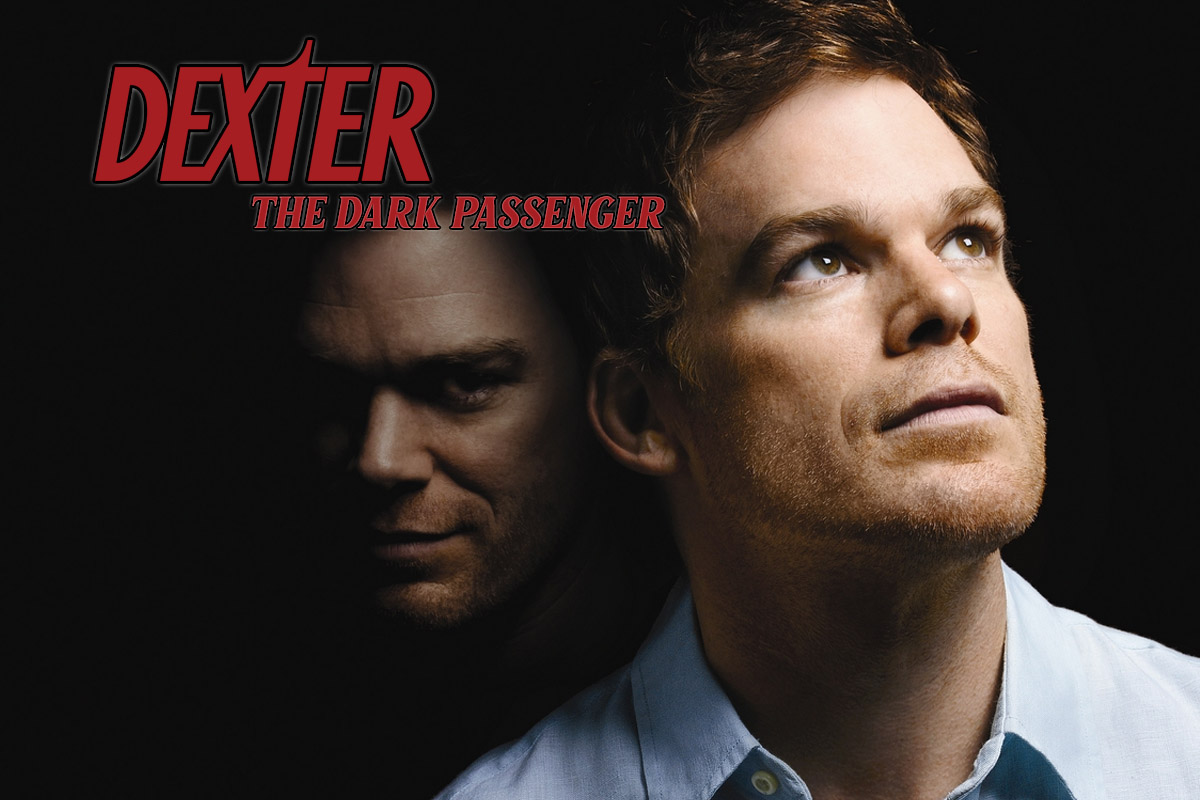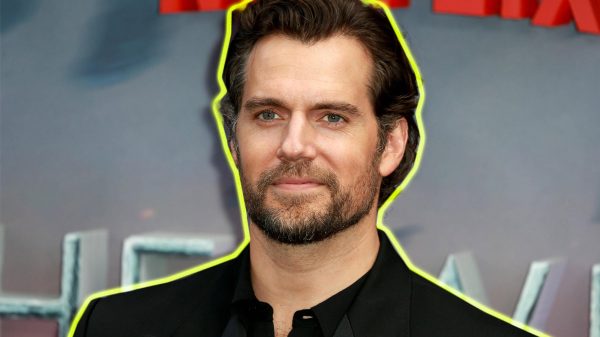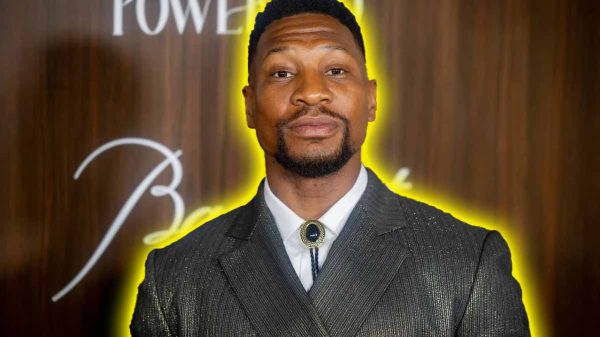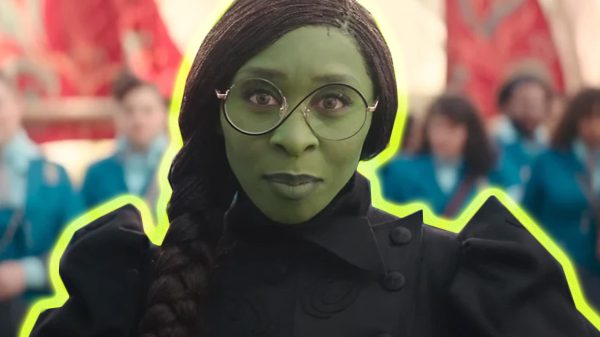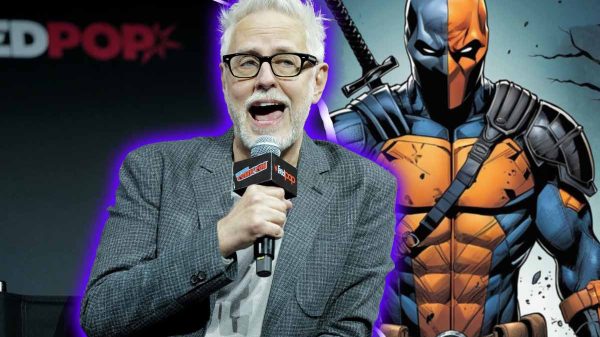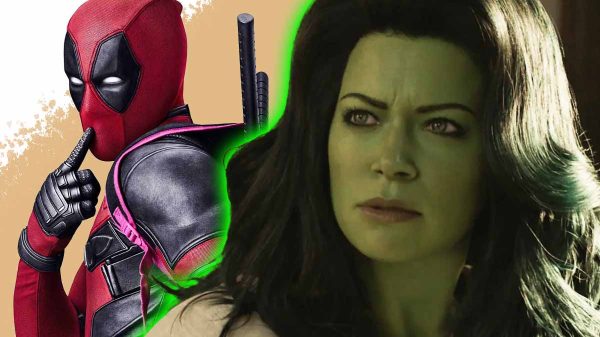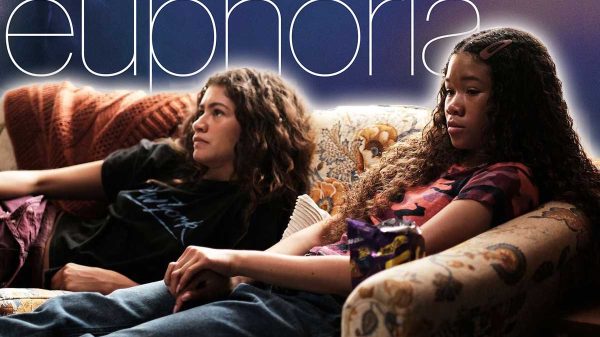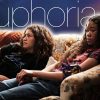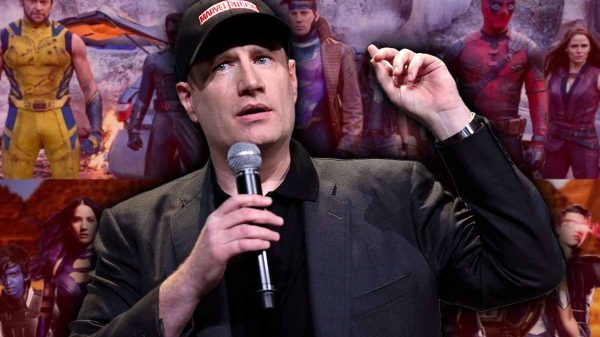Dexter fans, have you ever wondered about the mysterious force driving our favorite serial killer’s actions? Well, you’re in luck! In this article, we’ll dive into the concept of the Dark Passenger, its portrayal in both the TV series and Jeff Lindsay’s novels, and how it shapes Dexter Morgan’s character and actions.
We’ll also delve into the intriguing question of whether Dexter’s son, Harrison, might have a Dark Passenger of his own. So, sit back, grab your favorite beverage, and let’s explore the enigmatic Dark Passenger together!
The Dark Passenger In The TV Series
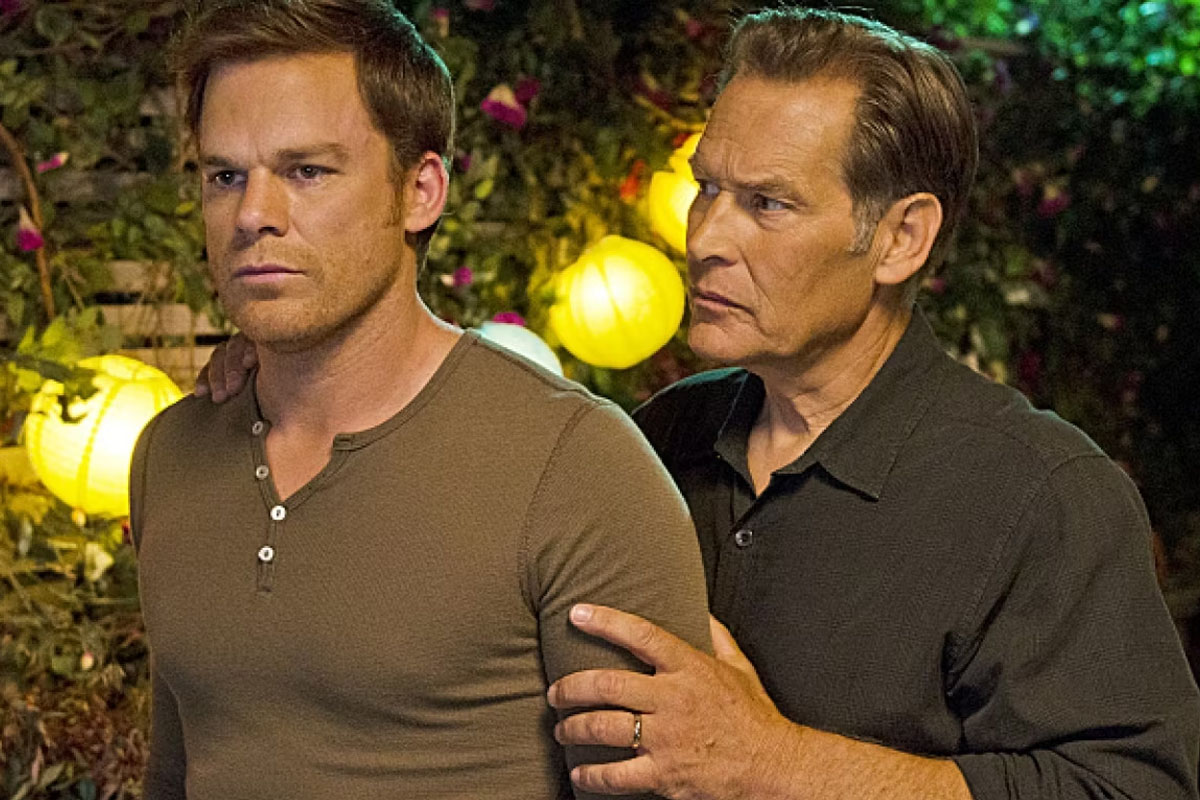
In the TV series, Dexter’s Dark Passenger is depicted as his inner voice, guiding him in satisfying his homicidal urges. This voice is portrayed through his late adoptive father, Harry Morgan, who also taught Dexter the all-important Code. The Code helps him channel his urges towards criminals who have escaped justice, rather than innocent victims.
As the series progresses, we see a shift in the representation of the Dark Passenger. In ‘Dexter: New Blood,’ it’s no longer Harry, but Dexter’s sister Deb who takes on the role. This change adds depth to Dexter’s character and offers insight into his internal struggle between the desire to kill and his conscience.
The Dark Passenger In Jeff Lindsay’s Novels
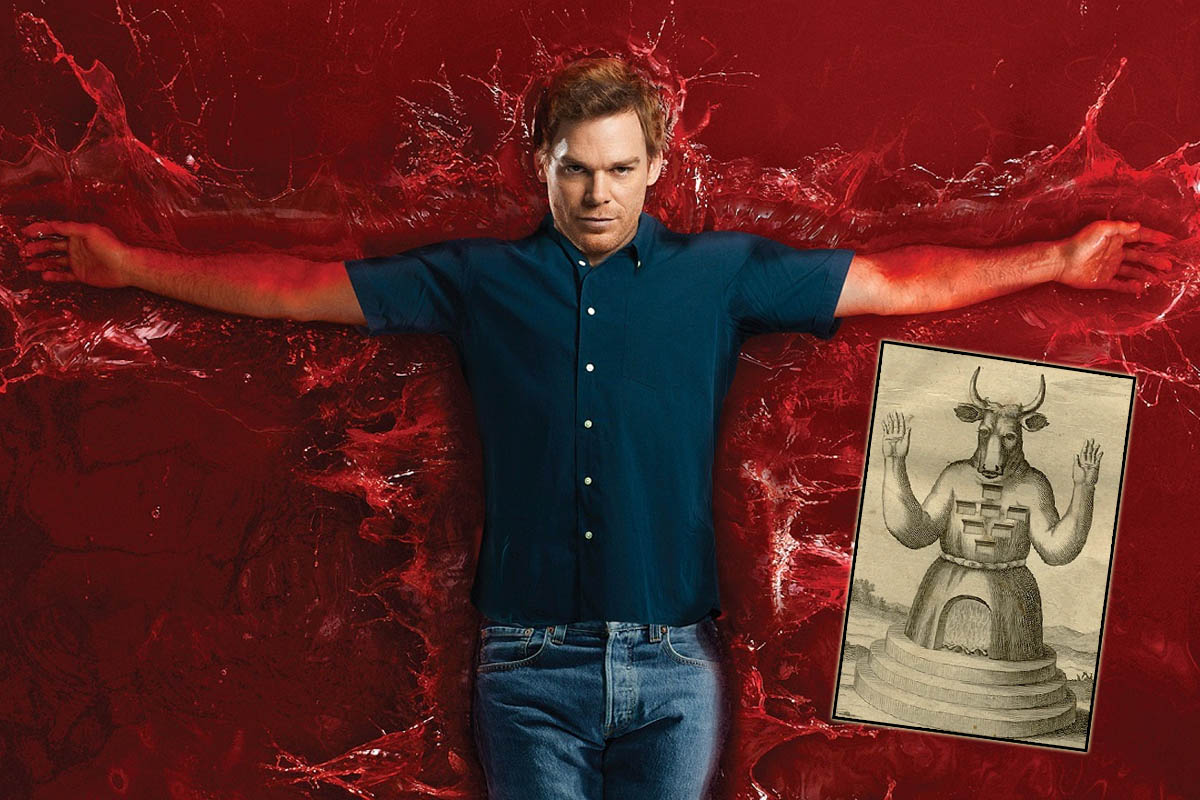
Now let’s take a look at the Dark Passenger’s portrayal in Jeff Lindsay’s novels, where things take a much darker turn. Instead of Harry Morgan, Dexter’s Dark Passenger is revealed to be an ancient demon named Moloch in the novel, ‘Dexter in the Dark.’
Moloch, a malevolent force that influences people to commit evil acts, is a stark contrast to the TV series’ portrayal of the Dark Passenger. If Moloch had been included in the TV series, it would have taken on a supernatural horror aspect, drastically altering the tone and direction of the show.
The Evolution Of Dexter’s Dark Passenger
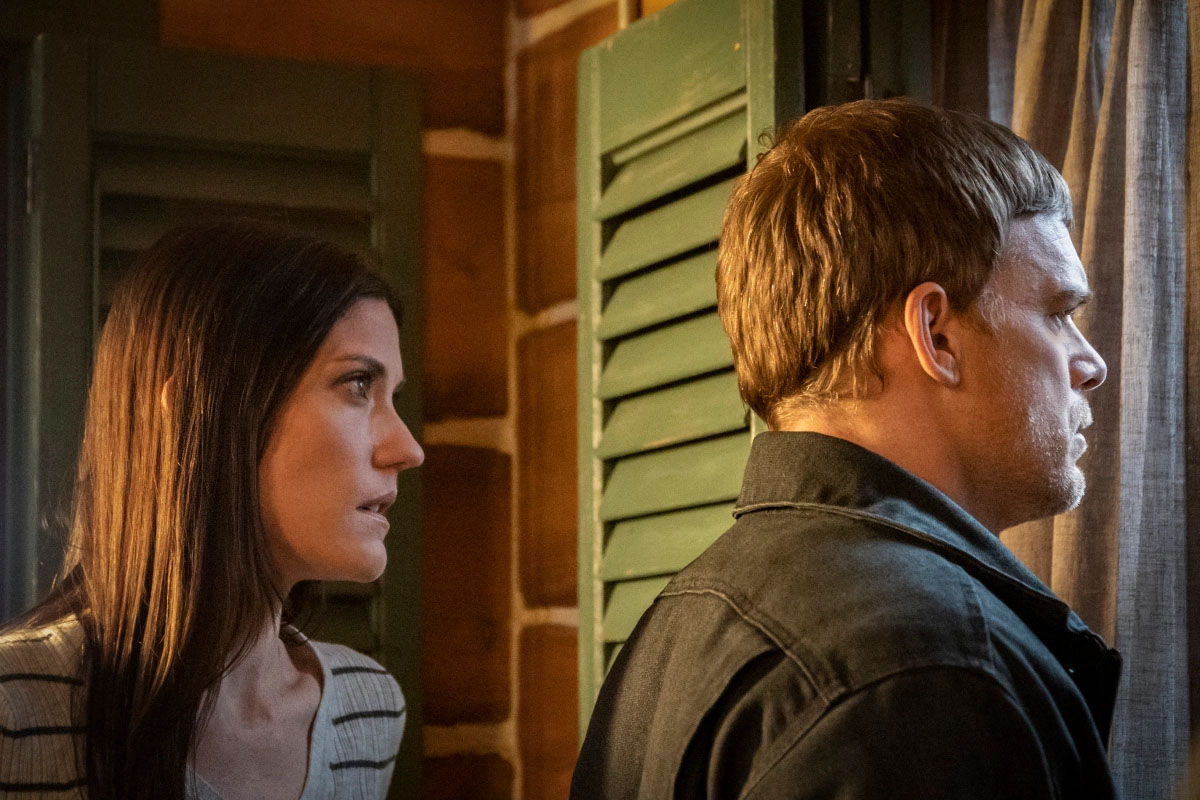
Throughout the TV series, Dexter’s Dark Passenger undergoes an evolution that mirrors his character development. Initially guided by Harry, who instilled the Code in him, Dexter is later haunted by Deb, who becomes his new moral compass.
This evolution impacts Dexter’s character, as he must confront the emotional consequences of his actions. While Harry’s guidance was more detached, Deb’s presence as the Dark Passenger allows for a more emotionally charged and conflicted Dexter, showcasing the complexities of his psyche.
The Dark Passenger’s Influence On Harrison
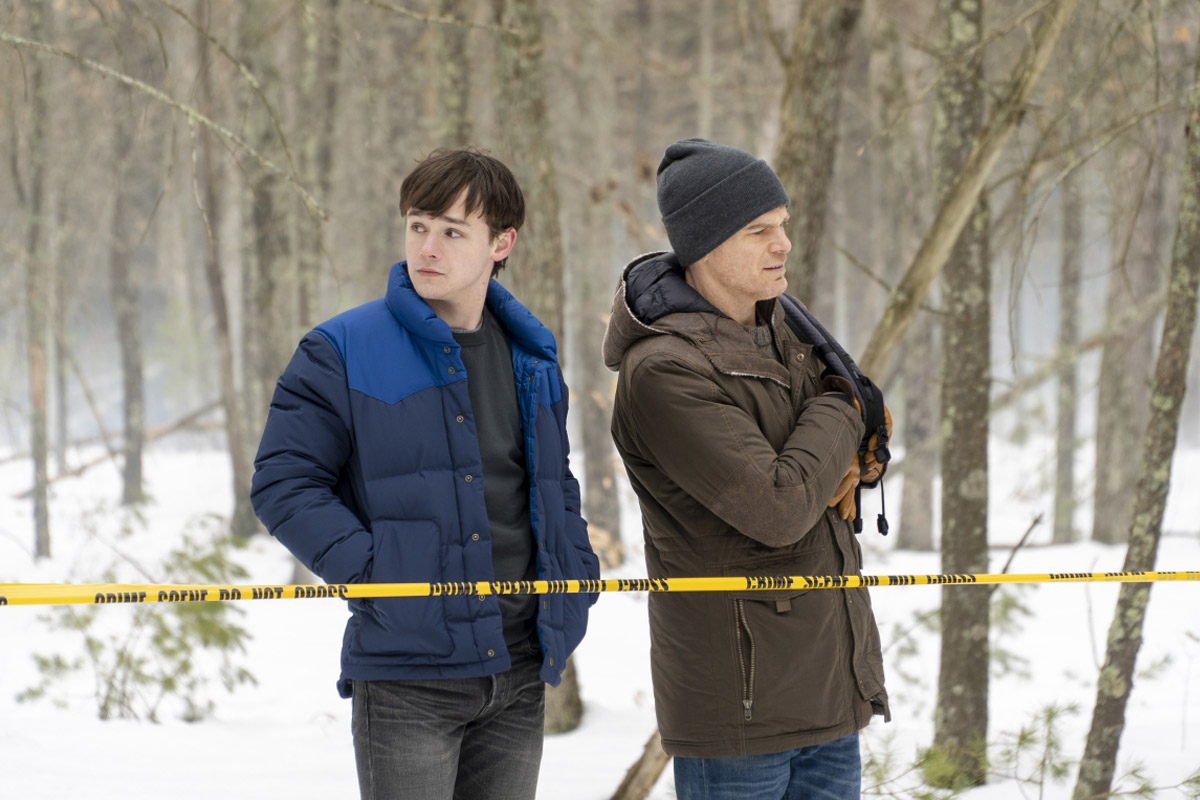
‘In Dexter: New Blood,’ we see the culmination of Dexter’s story and the impact his Dark Passenger has on his son, Harrison. Harrison, unsurprisingly, develops a budding Dark Passenger of his own. Throughout the series, we see him grapple with his father’s actions and the dark side within himself.
Harrison’s confrontation with his father’s true nature ultimately results in him shooting Dexter, ending his father’s life. This decision symbolizes Harrison’s rejection of the darkness that had consumed his father. He recognizes that his father’s code was never about saving lives but a way to channel Dexter’s inherent evil towards less objectionable targets. In doing so, Harrison chooses to walk away from the path of becoming a serial killer like his father.
Harrison’s Journey Beyond The Dark
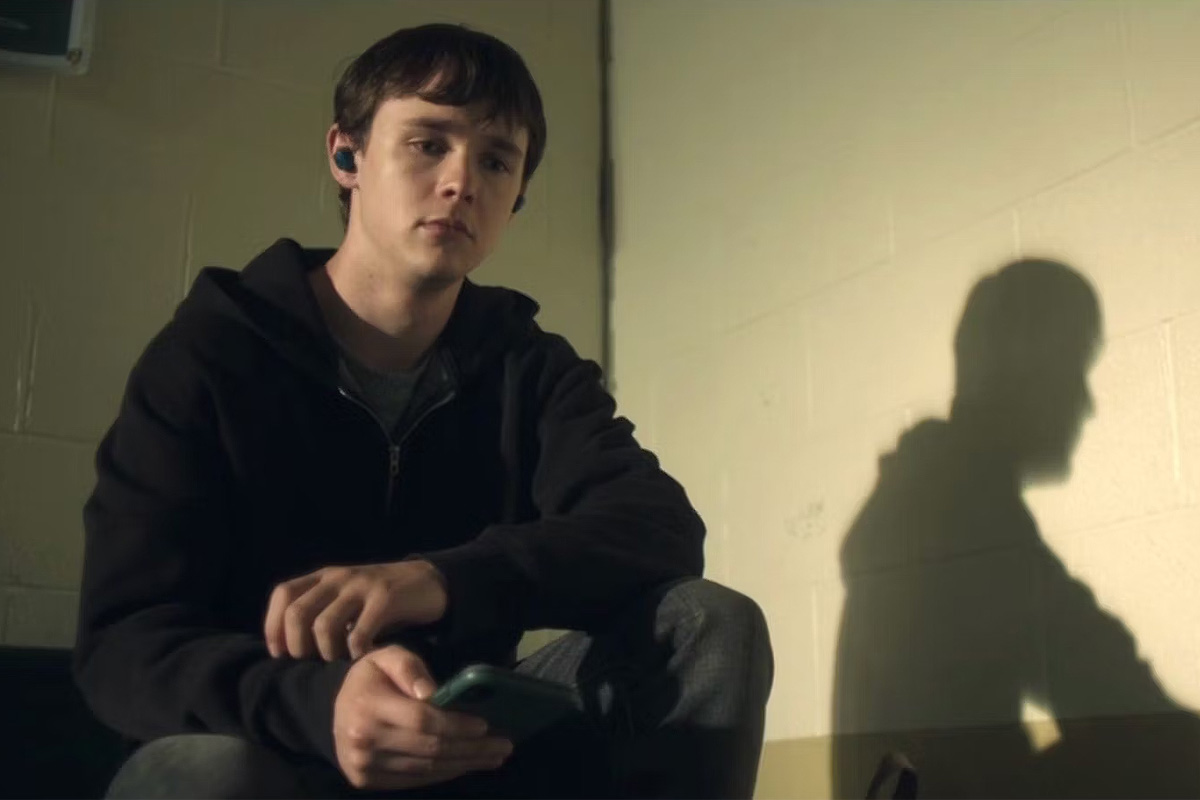
The Dark Passenger is an essential aspect of understanding Dexter’s character and motivations. Its evolution throughout the TV series and its portrayal in Jeff Lindsay’s novels offer fascinating insights into the complexities of our beloved anti-hero.
As for Harrison, his rejection of the Dark Passenger raises intriguing questions about his future development and choices. Free from his father’s legacy, Harrison can now forge his own path. Will he become a better person than Dexter, or will the darkness within him resurface in a different form? Only time will tell.

